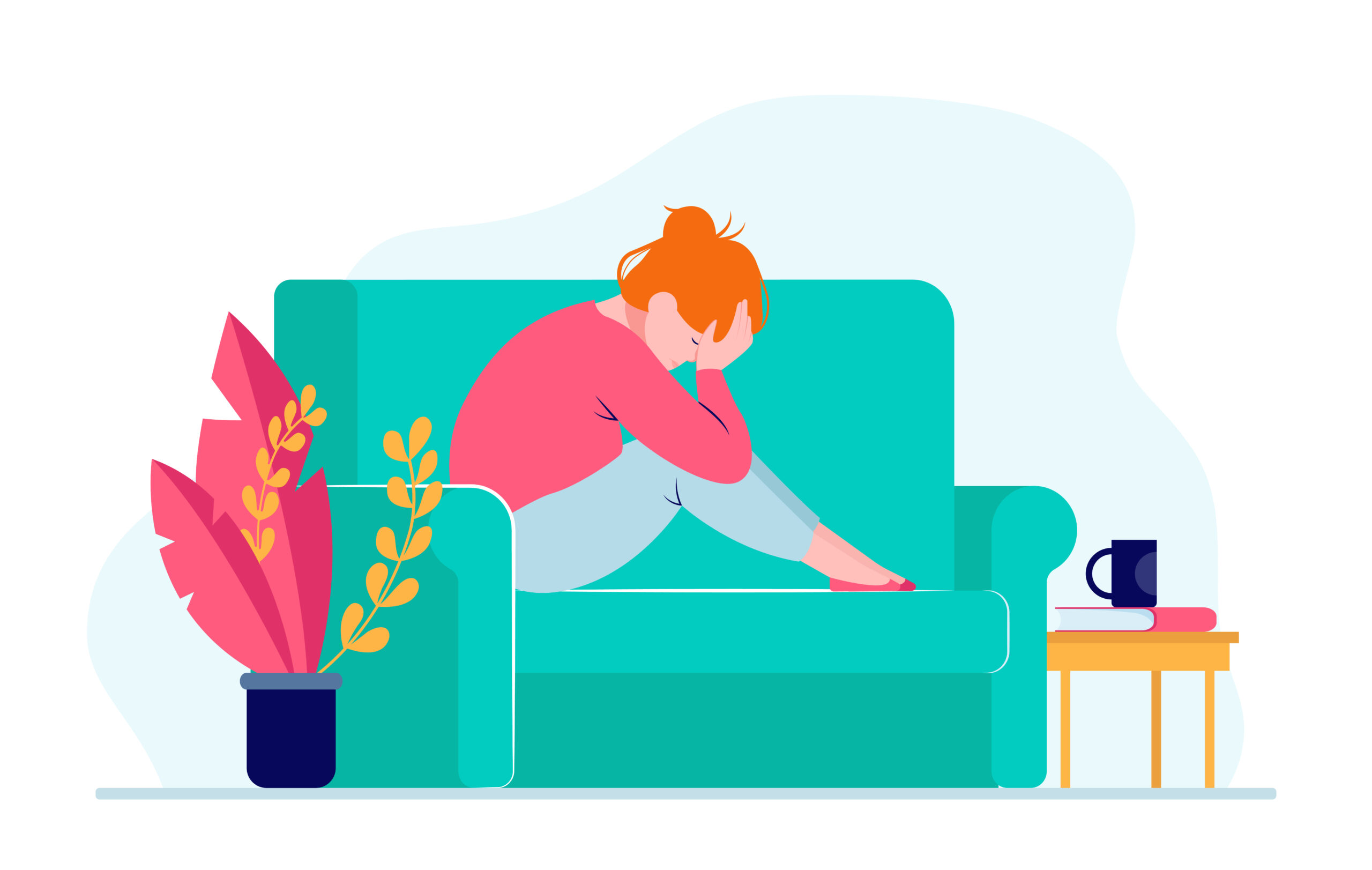Can Online Psychologists Help People in Remote or Rural Areas?

In many parts of the world, particularly in rural and isolated locations, access to mental health care is still a major obstacle. People living in these regions often face unique hurdles when trying to seek psychological support, ranging from a lack of local professionals to long travel distances and social stigma. Fortunately, the rise of online psychologists and the growing popularity of online therapy are transforming how mental health care is delivered, making it more accessible than ever before.
The Mental Health Gap in Rural and Remote Areas
Rural communities frequently lack the infrastructure and healthcare resources found in urban centers. According to multiple global health studies, individuals living in rural or remote regions are less likely to have access to licensed psychologists or psychiatrists. This gap results in many people either going without treatment or relying on general physicians who may not be fully trained to address complex mental health issues.
Stigma also plays a crucial role. In smaller communities, where privacy is harder to maintain, people may hesitate to seek in-person therapy out of fear that others might find out. Moreover, issues such as isolation, agricultural stress, financial insecurity, and fewer social outlets contribute to the growing need for accessible mental health support in these areas.
The Rise of Online Psychologists
Online psychologists are licensed professionals who offer psychological consultations, assessments, and therapy sessions over the internet. These sessions can be conducted via video calls, audio calls, or even chat-based platforms. What started as a niche service has now become a widely accepted form of care, especially after the COVID-19 pandemic accelerated the adoption of telehealth.
Online therapy platforms make it possible for individuals to access expert psychological support from the comfort of their homes. This is a game-changer for people in remote areas who otherwise would have to travel several hours—or sometimes days—to reach the nearest mental health clinic.
How Online Therapy Works
Online therapy, also called telepsychology or e-therapy, mirrors the structure of traditional in-person therapy but uses digital tools for communication. Sessions are scheduled much like they would be in a clinic setting. Depending on the platform and the psychologist’s approach, clients can receive therapy through:
- Video conferencing for face-to-face interaction
- Voice calls for those with bandwidth limitations or privacy concerns
- Text-based sessions or asynchronous messaging for flexibility and convenience
Confidentiality and ethical practices are maintained, just as in traditional therapy. Reputable platforms use encrypted channels to ensure client privacy.
Benefits of Online Therapy for Rural Populations
1. Accessibility
Online therapy removes geographical barriers. Anyone with a smartphone, tablet, or computer and an internet connection can connect with a qualified professional, regardless of their location.
2. Cost-Effectiveness
Travel expenses, time off work, or costs associated with childcare often deter people from seeking therapy. Online sessions reduce or eliminate these expenses, making therapy more affordable.
3. Reduced Wait Times
In many rural regions, waiting lists for mental health services can stretch for months. Online therapy platforms often allow quicker access, including emergency appointments and immediate chat support.
4. Anonymity and Reduced Stigma
The ability to receive therapy discreetly from home encourages people to seek help without the fear of being judged by their community.
5. Flexible Scheduling
Online psychologists typically offer extended hours, including evening and weekend sessions. This is especially helpful for people with irregular work hours or caregiving responsibilities.
Limitations and Challenges
While online psychologists provide vital services, there are some limitations:
- Technology barriers: Not everyone has reliable internet access or is tech-savvy. Poor connectivity can disrupt therapy sessions.
- Severe mental health conditions: People dealing with acute crises, severe depression, or suicidal ideation may require in-person or emergency care.
- Lack of physical cues: Some psychologists may find it harder to pick up on non-verbal cues like body language or subtle emotional reactions during online sessions.
- Licensing and jurisdiction: Psychologists are usually licensed to practice within specific regions or countries, which may restrict whom they can legally treat.
Nonetheless, many of these challenges are being addressed through ongoing technological improvements, training, and policy changes to support telehealth services.
Real-World Success Stories
Numerous studies and anecdotal accounts have shown the effectiveness of online therapy. In Australia, for instance, online mental health services have been instrumental in supporting individuals in the Outback, where access to physical clinics is extremely limited. Similar success has been reported in rural India, the U.S., and parts of Africa, where smartphone-based therapy has helped bridge the treatment gap.
Additionally, online platforms often provide access to therapists who specialize in rural-specific issues, such as farming stress, migration trauma, or social isolation—something local clinics may not offer.
The Future of Mental Health Support
The future of mental health care will likely involve a hybrid model, combining both in-person and online options. For rural and remote populations, online psychologists represent not just an alternative but an essential pathway to consistent and quality mental health support.
Governments, NGOs, and healthcare providers are increasingly recognizing the potential of online therapy and investing in infrastructure and policy reforms to make it more widely available. With increased awareness, better technology, and supportive legislation, the mental health gap between urban and rural populations can finally begin to close.
Conclusion
Yes, online psychologists can—and do—help people in remote or rural areas. By breaking down traditional barriers to access, online therapy empowers individuals to take charge of their mental well-being, regardless of where they live. As technology continues to evolve, so too will the reach and effectiveness of online mental health care, offering hope and healing to communities that have long been underserved.




